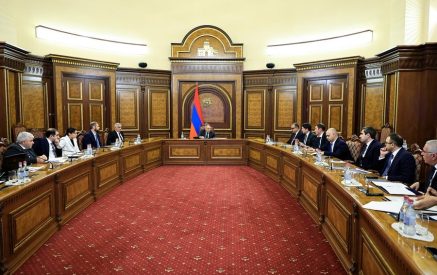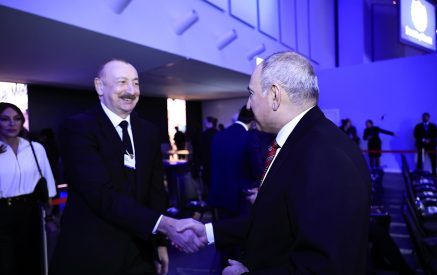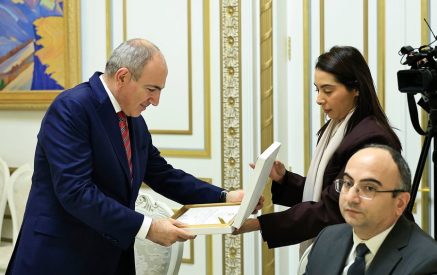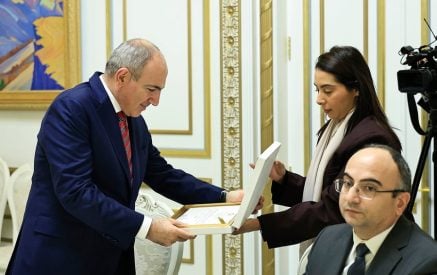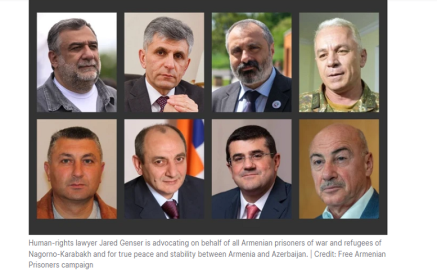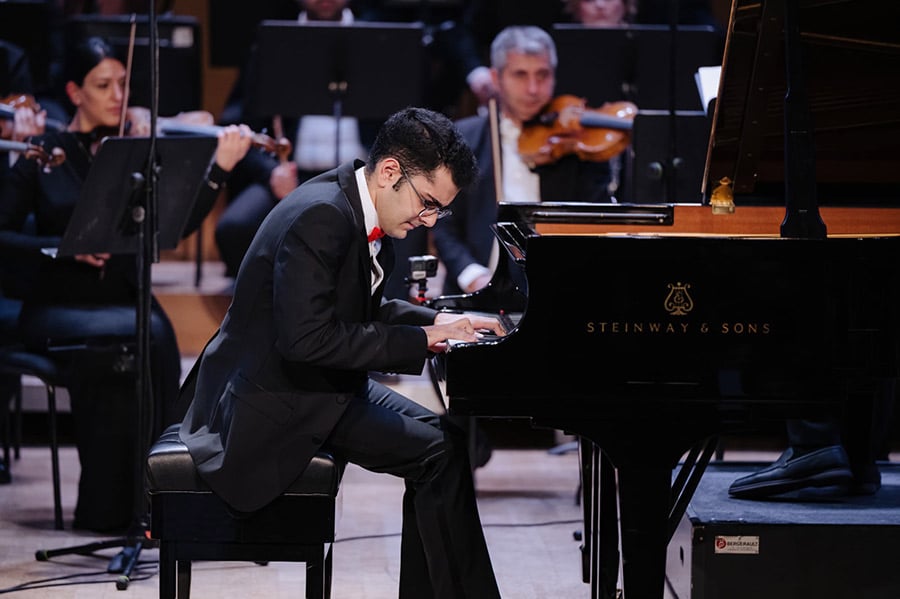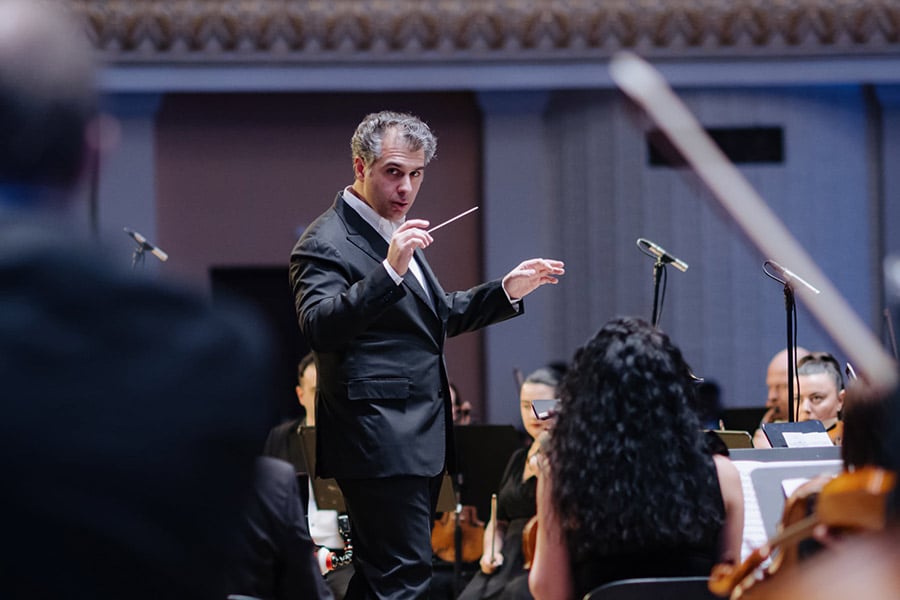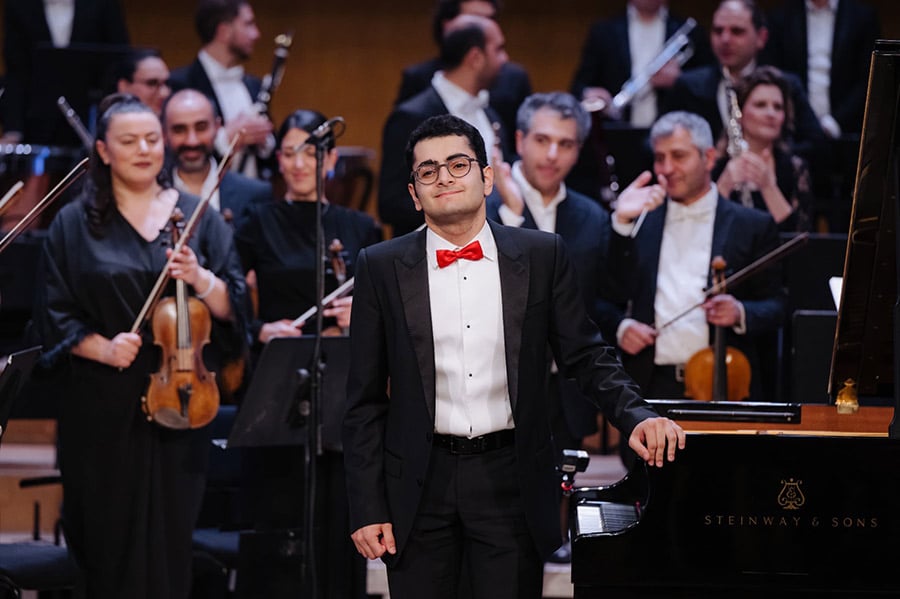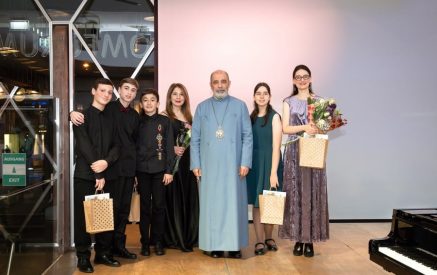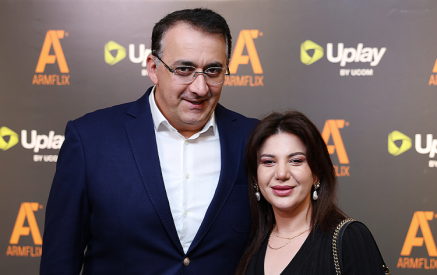Among the significant musical anniversaries of this year is the 255th anniversary of the birth of the titan of music, Ludwig van Beethoven—a pure genius with the right to speak of eternity and to speak to eternity.
Yet Beethoven is not a composer who is performed only on jubilee days. Is his music not played in concert halls everywhere, regardless of the date? Without Beethoven’s compositions, neither concert repertoires nor pedagogical practice would be conceivable. From an early age, whether encountering the charming piano variations on Dressler’s march or the children’s song “Marmot,” breathing in the energy of youthful keyboard sonatas or quartets, or grasping the beauty of orchestral instruments in his greatest symphonies, we find ourselves under the spell of Beethoven’s music.
Beethoven has not remained in the past, even though more than two and a half centuries separate us from him today. He is a composer for all time. In the highs and lows of today’s life, there is nothing that is not already present in Beethoven’s music. It contains everything most dear to both the individual and humanity—joy, sorrow, suffering, struggle, victory. One cannot approach his music recklessly: “It either saves, if the inner person burns, or it destroys, if one listens only for pleasure… It is sacred and infinite only as long as it judges, ignites, and makes one burn.” “Through struggle to victory”—this Beethovenian motto remains relevant today, for only through fearless struggle and creative labor can happiness and peace on earth be achieved.
One of the first to honor Beethoven’s anniversary year was the Armenian State Symphony Orchestra under the direction of Sergey Smbatyan. A brilliant concert dedicated to Beethoven was held in the Aram Khachaturian Concert Hall . The event featured one of the most outstanding talents of his generation, twenty-year-old pianist Dmitry Ishkhanov, who has already gained recognition in many countries. The program for the anniversary evening included the great composer’s Fifth Piano Concerto and Fifth Symphony.
The music of the Fifth Concerto revealed the trembling, deeply human essence of Beethoven’s art. It surpasses all other Beethoven piano concertos. Undoubtedly, the concerto reflects the era of the Napoleonic Wars, capturing the anxious atmosphere of that time. It is precisely for this reason that Beethoven’s Fifth Concerto is known as the “Emperor Concerto.”
What a thrilling, vivid, and passionate performance this was by the Armenian Symphony Orchestra under Sergey Smbatyan and young soloist Dmitry Ishkhanov! The concert was played at the highest level, with the orchestra and soloist achieving a profound synergy. Among Beethoven’s many qualities, one stands out uniquely—each time his music is heard, it feels new. Dmitry Ishkhanov’s playing evokes a multitude of associations and, while being psychologically authentic, simultaneously transports the listener to realms far beyond the ordinary. Not a single detail of the score escapes the pianist’s attention. His nuances in soft dynamics are so varied and rich that he is able to build grand climaxes without forcing the piano’s sound. Astonishingly, Dmitry captivates not only with his pianism but also with a rare power for his age, elegance, and depth of interpretation of this extraordinarily difficult composition. His interpretation was marked by a coherent artistic vision. Beethoven’s musical language proved to be remarkably resonant with the exceptional talent of this still very young artist. His performance is compelling due to the unerring logic of each movement, the precision of form, and the vivid expressiveness of imagery. Particularly striking were the grotesque elements, intensity, and dynamic expressiveness, which did not overshadow the lyrical moments of the music. It is remarkable how the artist managed to find so many expressive and striking moments within the composer’s whirlwind of fantasy while preserving the integrity of the piece’s meaning.
As for the Armenian State Symphony Orchestra under its Artistic Director and Principal Conductor Sergey Smbatyan, the performance was distinguished by an extraordinary level of cohesion and stability, supported by inspiration, a deep love for the great composer, and meticulous preparation. Another vital aspect of the interpretation was the unity with the music, which compelled listeners to perceive the concert as an event, as an act of true spiritual exploration.
It is worth noting that this is not Dmitry Ishkhanov’s first performance in Armenia. Many recall his visit to Yerevan at the age of 15 when he performed Beethoven’s Piano Concerto N.3 with the Armenian State Symphony Orchestra as part of the composer’s 250th anniversary celebrations.
Born in Moscow, Dmitry developed a passion for the piano at the age of three. By then, his family had moved to Malta. He possessed a rare musical gift—one that was not merely significant but truly fortunate. His talent was immediately apparent, even to the untrained eye. At the age of eleven, Dmitry became the youngest finalist representing Malta at the Eurovision Young Musicians competition held in Cologne, Germany. At 14, he made his debut at Carnegie Hall in New York, performing Beethoven’s Piano Concerto N.2. He received his musical education in Cologne and later continued his studies at the Mozarteum University in Salzburg under Professor Pavel Gililov. Dmitry is fluent in English, Russian, German, and Spanish. His extensive repertoire includes works by Beethoven, Mozart, Liszt, Rachmaninoff, and other great composers. He has taken master classes with many renowned musicians, played in prestigious concert halls across Europe and America, and actively participates in well-known festivals, consistently earning the highest praise from both critics and audiences. He is now among the most sought-after young artists of his generation.
In the second half of the anniversary concert, the Armenian State Symphony Orchestra performed Beethoven’s Fifth Symphony—one of the composer’s most popular works, embodying the most characteristic features of his style and vividly expressing his creative credo: “through struggle to victory.” The seriousness of this choice is evident: interpreting Beethoven cannot be a mere pale imitation of the great interpretations by outstanding contemporary conductors. There are many recordings of this symphony by the most brilliant conductors and renowned orchestras. One could, of course, listen to them at home. But the true essence of a symphony lies in its address to a broad audience, to society at large. Experiencing it live is an entirely different matter. Every conductor discovers something new, some hidden quality in the well-known music, revealing fresh aspects of the orchestra and the score.
Sergey Smbatyan set himself the task of, through dialogue with great music, telling the story of our time, of the anxieties of our days, while remaining faithful to Beethoven’s style and sincerely sharing the composer’s call for unity and solidarity, for victory through struggle, for light and rebirth, overcoming darkness. The music itself delivers the message of hope. These emotions are masterfully conveyed by the conductor and his orchestra in their performance of the Fifth Symphony.
“Fate knocking at the door”… What lies behind these words? Is it the fate of Beethoven’s hero? His personal destiny? Four notes—like four crushing blows. The symphony opens with the theme of fate. The second movement features the fanfares of freedom. The legions surge into battle. The spirit of the “Marseillaise” hovers over the troops marching toward victory. The third movement resounds with the thunder of triumph, with the timpani of freedom’s celebration, replacing the blows of fate. And then comes the fantastically brilliant finale, which overwhelms the imagination.
The music is inspiring, carrying the untamed elemental force of Beethoven’s music and the joy of improvisational freedom. Each time, the orchestra performs with intense focus and enthusiasm. Every musician is united in understanding their role and seeking expressive contrasts. The contrasts were sharply delineated yet preserved the characteristic dramatic tension of this symphony. The performance was marked by naturalness and Beethovenian conviction, with freedom and fluidity of musical thought.
Natalya Gomtsian





